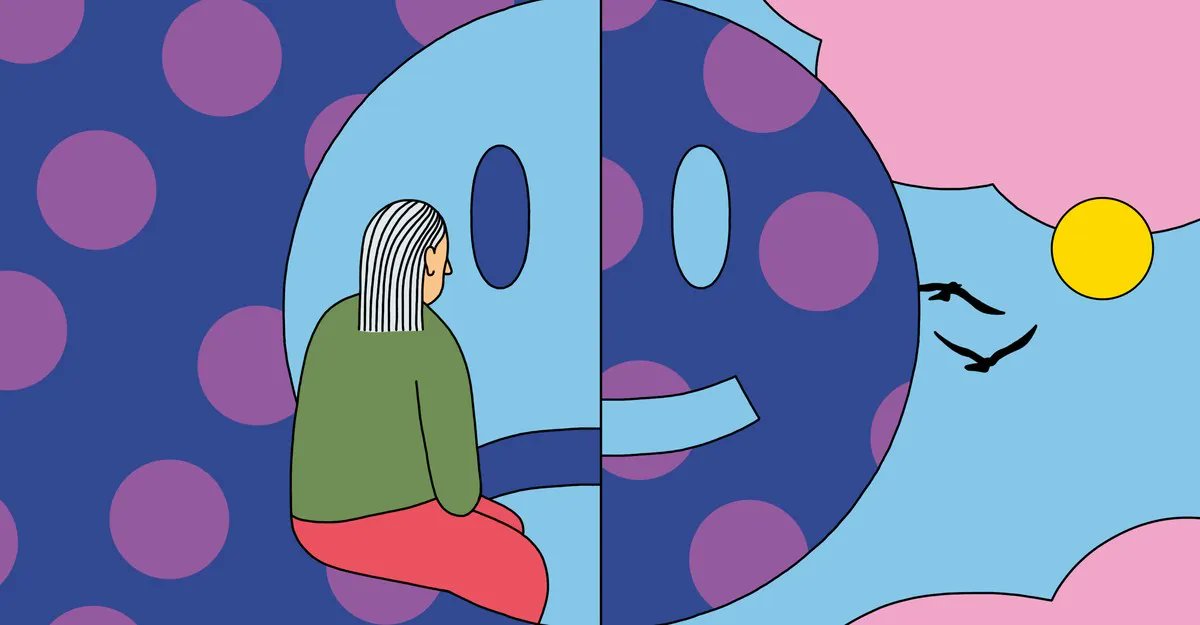
Ron Friedman, Ph.D.
@ronfriedman
Social Psychologist | Bestselling Author | Keynote Speaker
I write about the science of working smarter.
Join over 225,000 readers who receive my newsletter👇
ID: 20725800
http://www.ronfriedmanphd.com/bestideas 12-02-2009 22:19:15
3,3K Tweet
8,8K Takipçi
380 Takip Edilen

In our busy world, many people can only find time for exercise early in the morning, which requires us to get out of bed earlier. One tip is to start adjusting your sleep schedule a few days before you begin a morning exercise routine. buff.ly/3k1D9r5 by Emma Yasinski

“Disrupted sleep in parents and disrupted sleep in their children are each correlated with increased stress in the parents.” Takeaway: Don’t just focus on your own sleep. Do what you can to invest in your kids’ sleep as well. buff.ly/3jjCUHo by Neha Chaudhary, MD
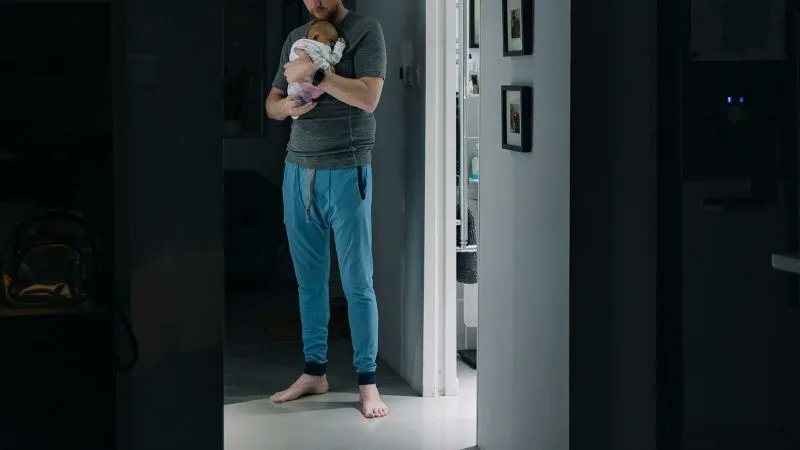

“American parents are finding the job much harder than they expected, found a large new survey by Pew Research Center. And it’s not just how they feel — parenting is more demanding than it used to be, a variety of research has found.” buff.ly/3WVEKfn by Claire Cain Miller


A researcher’s tips for happy living, following a months-long bicycle journey: - Have goals but prepare to let them go - Recognize that achievement is not a prerequisite to happiness - Be willing to receive love shown by other people buff.ly/3RyhhQb by Christopher Boyce


Work anxiety is often caused by 11 different thought traps. One example is “Discounting the Positive.” Don’t attribute all of your accomplishments to luck. Recognizing your own skill and persistence will help you develop confidence. buff.ly/40YZmqq by Morra Aarons Mele
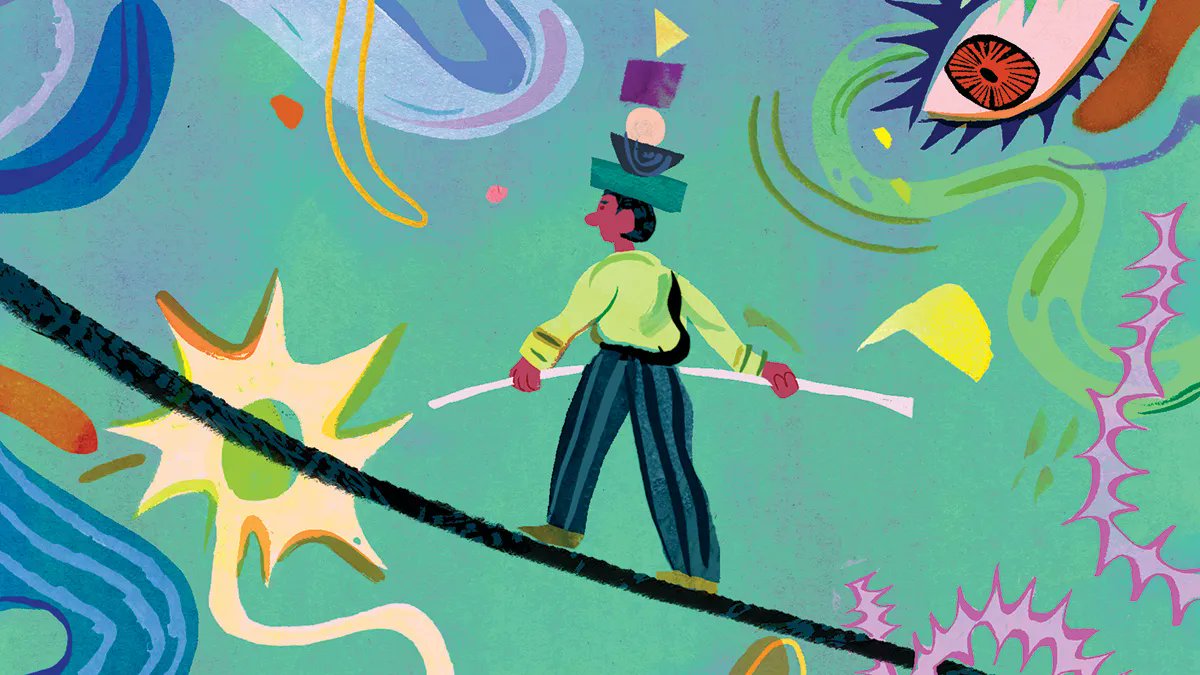

If you feel like you’ve been sleeping more deeply these past few months, you’re probably right. Research has found that humans tend to get more REM sleep in winter versus summer. buff.ly/3lMhp2W by Tony Hicks


“In recent years, the number of employers offering sabbaticals has grown exponentially.” Discover three different types of sabbaticals and the benefits of taking one in this article. buff.ly/3IgDEFG by Dr. Kira Schabram


What’s the secret to staying level-headed and keeping an open mind in unfamiliar, high-stakes situations? Discover how the practice of Deliberate Calm “changes our relationship with uncertainty.” buff.ly/3KTHTdl by Jacqui Brassey PhD, MA, MAfN (Née Schouten)
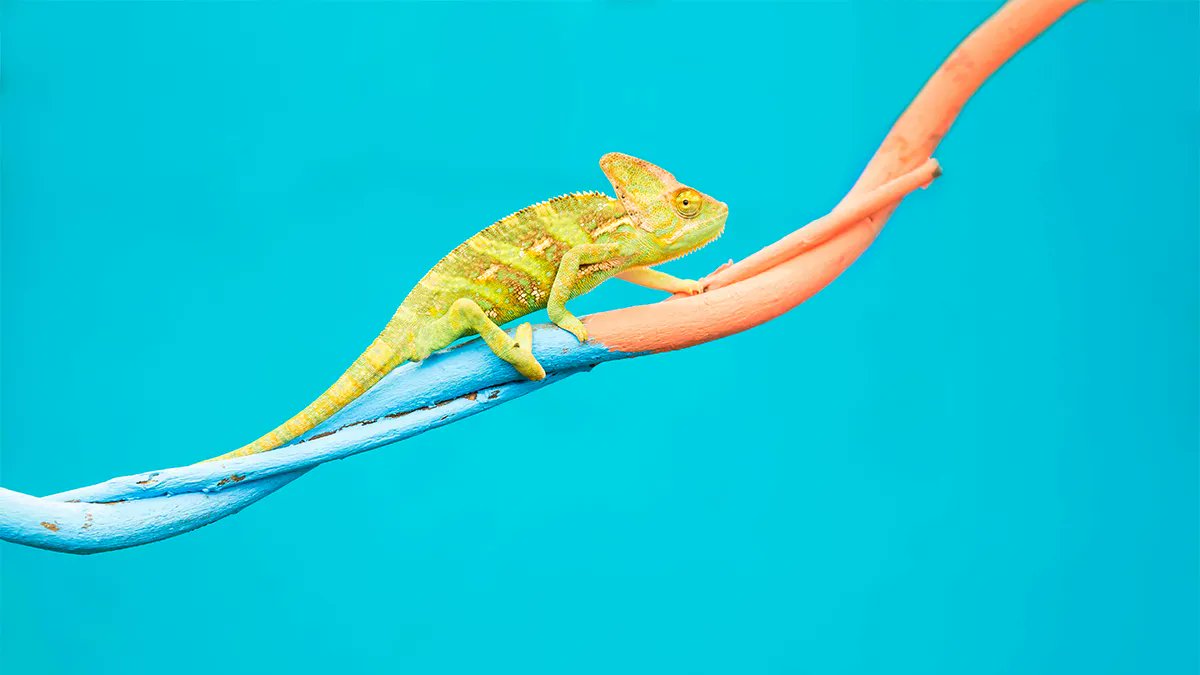

If you’ve fallen out of love with your work, you might be going through a “mid-career slump.” One question to ask is, “Have my values changed?” “When your values shift, a job you used to love may no longer hold the same allure.” buff.ly/3y9ZDJH by Art Markman

What can we do today to make future accomplishments more enjoyable? One tip: Stay authentic. “Many find they need to be able to succeed as themselves, rather than molding their personas to fit the goal, to enjoy it.” buff.ly/3SQCAwY by Rachel Feintzeig
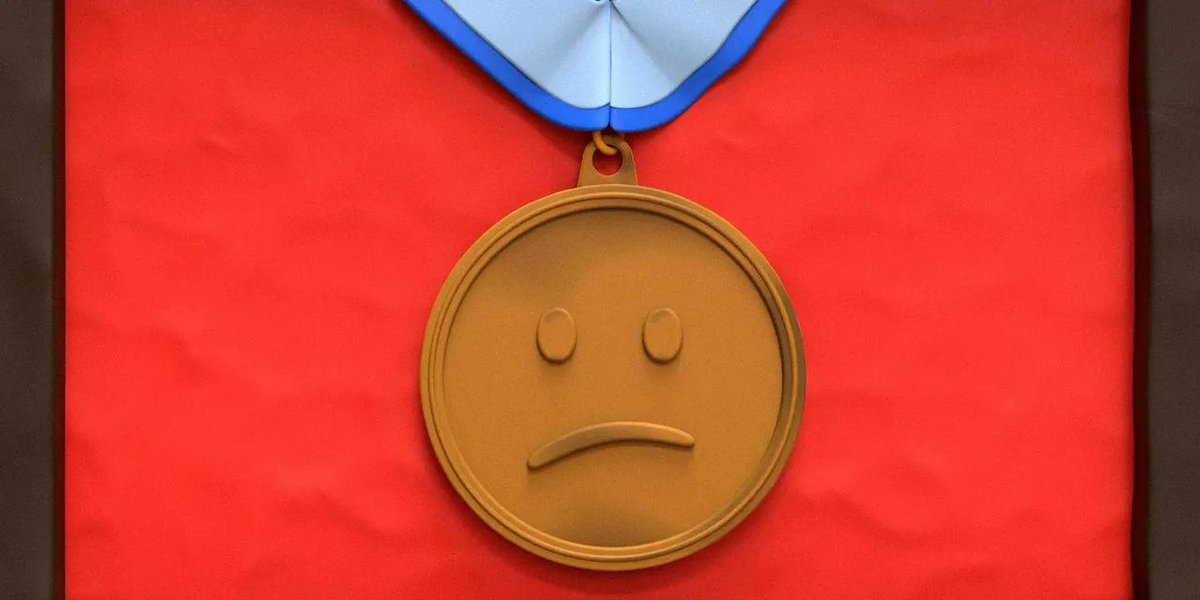


If you’re unhappy at work and want things to change, you might need to have an honest conversation with your boss. Try to be as specific as possible about what’s not working—without blaming individual people. buff.ly/3n2cmfr by Nahla Davies


Study: "Learning how much we actually move by tracking our steps could help us start thinking of ourselves as active people, which can pay health dividends, even if we don’t start exercising more.” buff.ly/3lALbb9 by Gretchen Reynolds

To actually improve our health, we need to be realistic. For many people, that starts with simply packing a healthier sandwich for lunch. Discover how simple changes can help you avoid unnecessary salt, preservatives, and sugar. buff.ly/3YNo1f2 by Andrea Petersen
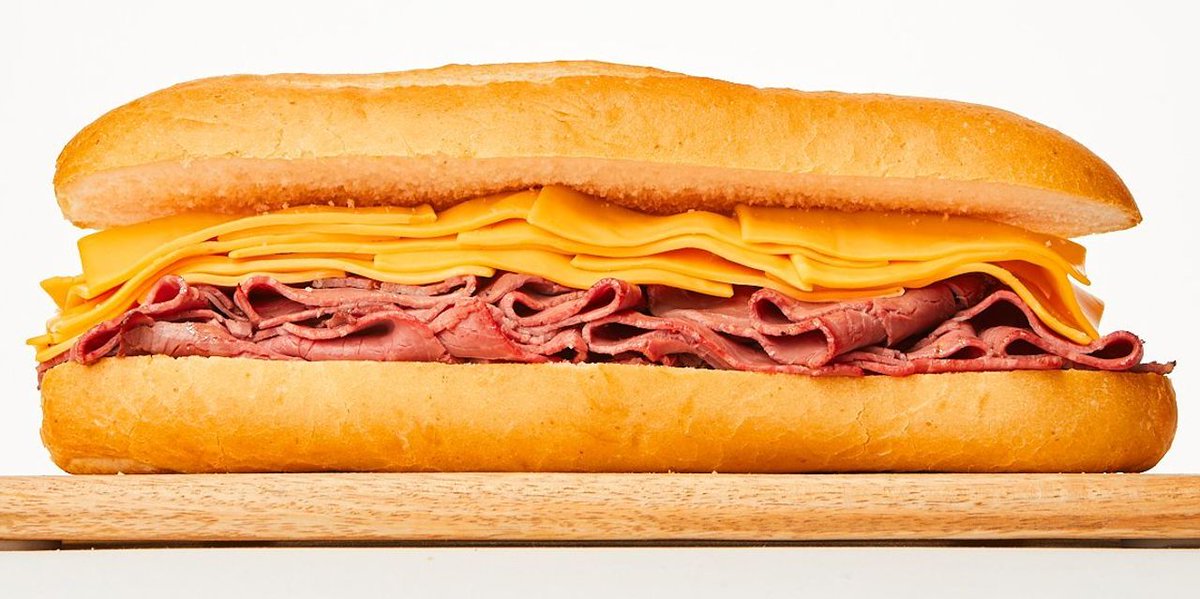


When we burn through all of our energy, we eventually experience burnout. Creating an ‘energy budget’ can help you prevent this. It starts with tracking your activities and noting which bring you energy and which deplete your reserves. buff.ly/3nqUMBF by Morgan Smith


Based on the concept of "via negativa," which emphasizes removing negative elements rather than adding positive ones, this article makes a compelling case that we can all achieve more by first identifying things we need to stop doing. buff.ly/3JLRCkP by Dr. Arthur Brooks
